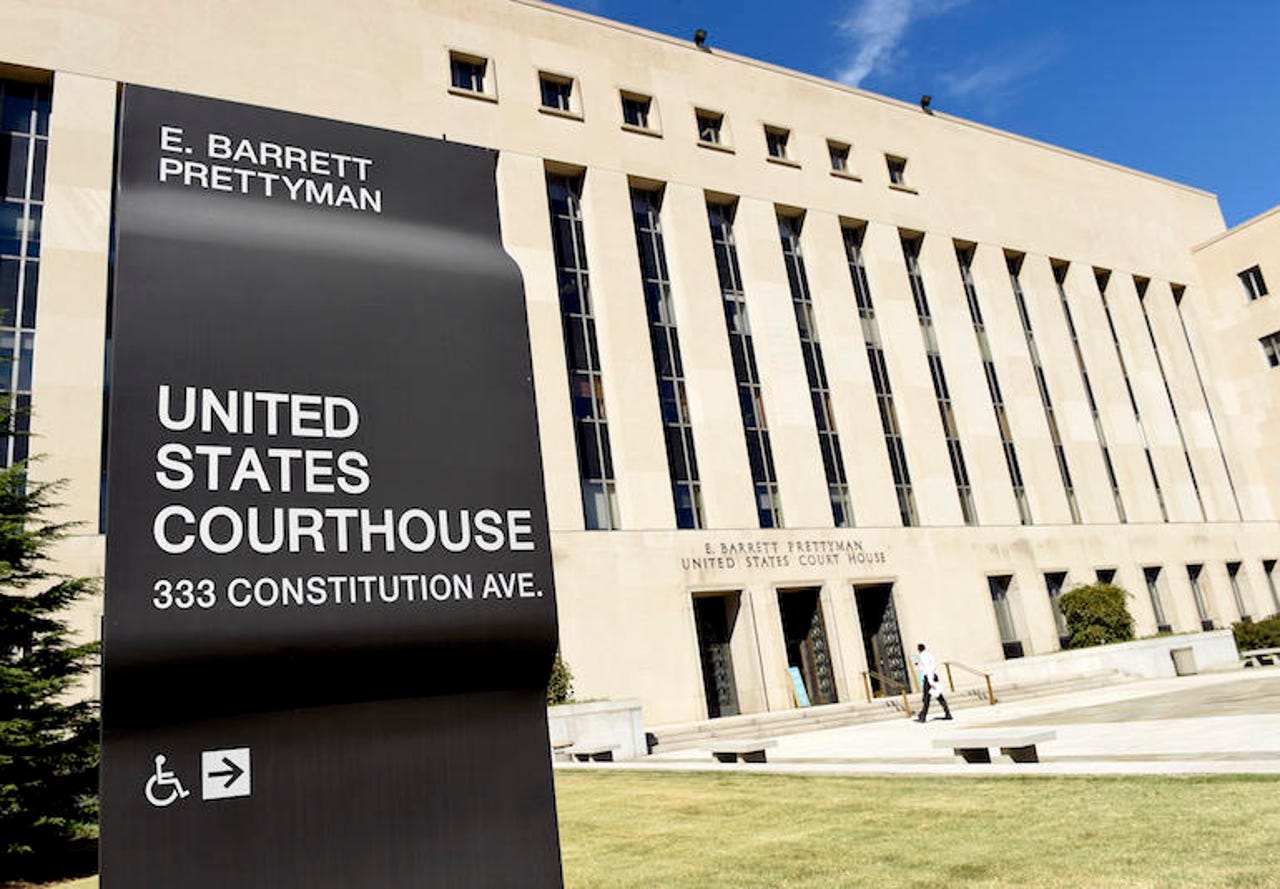In Trump's first year, FISA court denied record number of surveillance orders


The secretive FISA court based in Washington DC. (Image: file photo)
In its first year, the Trump administration kept one little-known courtroom in the capital busy.
A secretive Washington DC-based court that oversees the US government's foreign spy programs denied more surveillance orders during President Donald Trump's first year than in the court's 40-year history, according to newly released figures.
Annual data published Wednesday by the US Courts shows that the Foreign Intelligence Surveillance (FISA) Court last year denied 26 applications in full, and 50 applications in part.
That's compared to 21 orders between when the court was first formed in 1978 and President Barack Obama's final year in office in 2016.
That's a rejection rate of 0.11 percent to date.
The report shows that 1,614 applications were made during 2017 to allow the National Security Agency and the Federal Bureau of Investigation to intercept phone calls and emails. Breaking down that figure, the court said it permitted about three-quarters of all requests -- or 1,147 requests in full -- while 391 requests were granted after modification.
Specific reasons for the modifications were not given, but they can include changing who or what is surveilled and for what length.
A spokesperson for the White House's National Security Council did not immediately return a request for comment.
FISA report figures, 2017. (Image: ZDNet)
The figures are reported annually by the Justice Department to members of Congress, which also received a classified version of the report, as part of a requirement set out by the Freedom Act, passed in 2015 as an intelligence community reform effort after the Edward Snowden revelations.
With that law's passing, five security-cleared attorneys -- who were named as amicus curiae appointed to the court -- are able to provide external expertise on privacy and civil liberties.
Marc Zwillinger, a highly regarded national security lawyer, served during 2016. But the report for 2017 said that the court's judges had not appointed an amicus curiae serving.
Because the court only hears cases from the govenrment -- attributing to why the court denies so few requests -- the role of amicus was to provide an advisory role, in the wake of the Snowden surveillance leaks, to advise the court on matters relating to privacy.
The report said that, in three cases, the FISA court advised the Trump administration that it was "considering appointment of an amicus curiae to address a novel or significant question of law raised in proposed applications," but that the government either pulled or modified the application.
"This is the first report including information about such occurrences," the report said.
Founded in 1978, FISA court was tasked with processing government requests for surveillance against foreign targets. It was this court that approved a number of controversial programs, such as PRISM and the phone records collection program, which were later leaked by Snowden, a former NSA contractor turned whistleblower, to reporters.
Since then, the FISA court has released more declassified opinions, and it's been forced to publish more documents under freedom of information laws.
ZDNet has previously reported that the US government used the secret court in order to obtain source code from Silicon Valley tech companies.